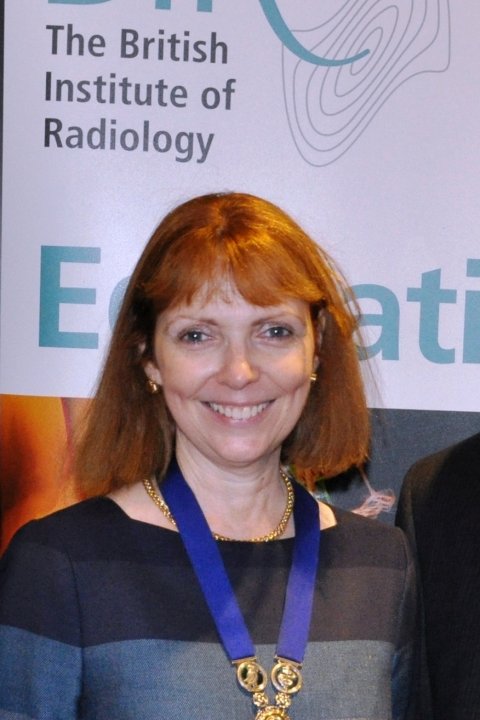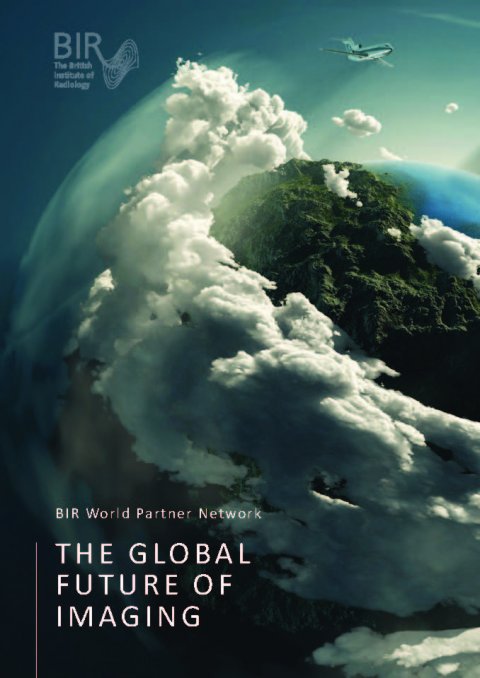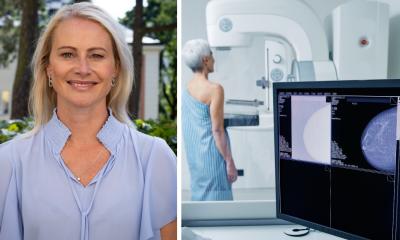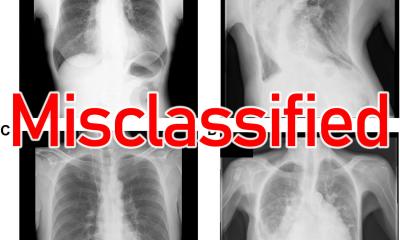News • Report by the British Institute of Radiology
AI is the future of imaging
Medical and professional leaders in radiology overwhelmingly believe artificial intelligence (AI) will be the most positive development for their sector and their professions in the coming decade, according to a report by the British Institute of Radiology (BIR) published today. The report, The Global Future of Imaging, features interviews with eighteen Presidents and senior officers of major imaging bodies representing radiologists, oncologists, radiographers and scientists in countries including USA, China, India, Japan, Russia, Brazil and Germany. 17 out of 18 singled out artificial intelligence as the development they expected to have the most positive impact in the coming ten years.

“Confidence seems to have grown markedly” says Dr Jane Phillips-Hughes, Consultant Radiologist and President of the BIR, “moving beyond wariness about whether AI might threaten peoples’ jobs to an understanding of its potential to make imaging specialties more interesting and improve outcomes for patients.”
The 24-page report, which is available free from the BIR, details the areas of biggest potential opportunity, the biggest obstacles, and the ways in which imaging professionals should best prepare themselves for the future.
Along with AI and developments in quantum computing, imaging leaders point to molecular and hybrid imaging, developments in interventional radiology, advances in quality assurance, safety and dose reduction, and access to healthcare in developing countries as major developments with transformative potential. There is also an expectation that imaging specialists will become more closely integrated with other colleagues in other disciplines and have more direct contact with patients.
The report conveys a powerful sense of optimism among imaging experts about the future of the discipline and their role within it. As Dr Kuben Naidu, Consultant Radiologist and President of the Radiological Society of South Africa puts it, “Poised on the cusp of the fifth industrial revolution, radiologists are uniquely positioned to actively fashion how the field will be transformed.”

Key issues highlighted by the report include the complex health challenges associated with ageing populations, and the exponential growth in demand for imaging examinations and shortage of qualified professionals and equipment to meet this demand. There is also a focus on the pace of technological change and the cost of keeping up with it, the enormous growth in the importance of data and the challenges of ensuring it is reliable and used appropriately. The uneven distribution of radiology services is also discussed, especially in countries covering large geographical areas, and where there are large divides between under-resourced and affluent communities.
07.11.2019










